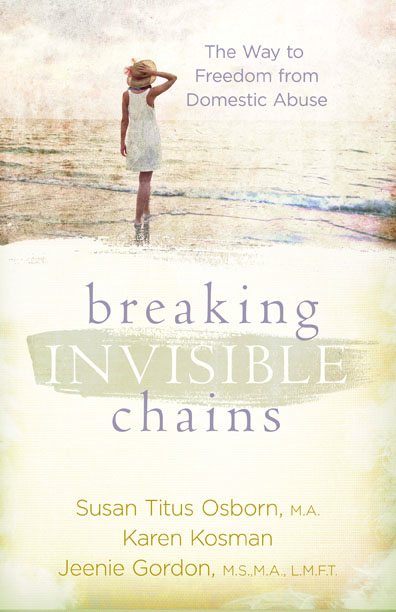Now where do you find people to interview? I wouldn’t recommend looking for the Billy Grahams, Max Lucados, and Chuck Swindolls, even though Pastor Chuck was once my pastor. They probably won’t have time to meet with you. Look at the people around you. People are fascinating. Look in your church for an interesting person. Read the local interest column in your newspaper. Keep a file folder of interesting people to interview. Perhaps a boy from your church won an event in the Special Olympics for mentally handicapped children. But a word of warning—don’t interview too close to a tragedy. A person needs a little distance to obtain a proper perspective. Be sensitive.
Keep a file folder of interesting subjects on which to interview. Once you find a subject, research it. Then find an expert in the field and interview him. Research and interviewing go hand in hand. People love to speak about what interests them: hobbies, vocations, talents. And you can be the apprentice learning at the master’s feet.
Remember to do your homework before the actual interview takes place. If the person has written a book, read it. Learn all you can about that person before you interview him or her. You don’t want to waste valuable time asking questions you can find answers to on your own.


